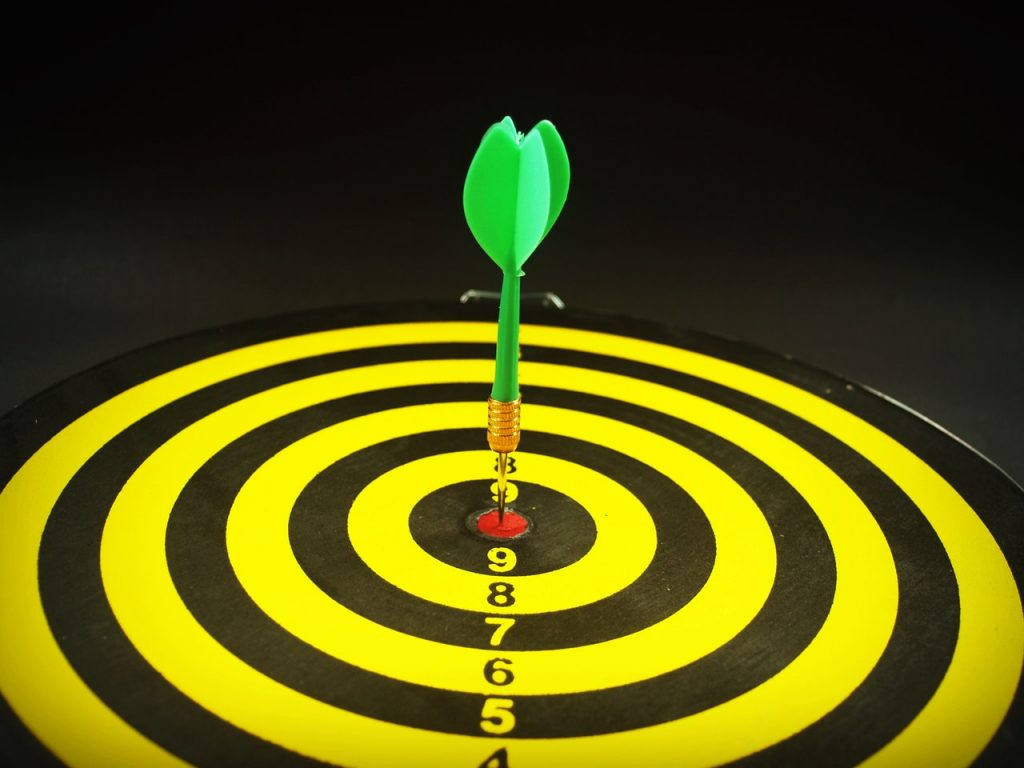Whether you’re a new or experienced gun owner looking to improve your marksmanship with a rifle, there’s no such thing as being too familiar with the fundamentals. While long-range shooting activity has plenty of challenges involving the environment and your equipment, there’s little need to worry about them if your body isn’t yet prepared for the toll shooting can take.
Particularly with heavier guns, you may find yourself having issues with fatigue, speed, or muscle aches. Your arms, shoulders, back, and grip are put to the test any time you use a rifle. It’s a great idea to do strength-building exercises like lifting weights, using hand grippers, and building your core so you can move quickly and reliably at the range. Of course, these exercises won’t do much to improve your accuracy. Like with many other sports, accurate shooting is built with muscle memory. This helps you learn things through repetition, which can be great or terrible depending on whether you’re repeating the right things. These are some good tips that will help you along your journey to becoming a better marksman.
Controlled Breathing
Your breathing can help or hurt your shot, and as you can probably imagine, controlled breaths are much better than heavy or erratic ones. Your heart rate may increase due to excitement, especially on a real hunt, but it’s important not to let this get the best of you. You also don’t want to hold your breath while lining up a shot since becoming light-headed will ruin your aim.
There are many approaches to breath control, but the NRA recommends the KISS method (Keep It Short and Simple). This basically means controlling your breathing during a respiratory pause (when you release air naturally) so you can hold it naturally without discomfort if needed. This pause is the opportune time to pull the trigger.
If you’re a new shooter, your first exercise will involve breaking bad habits. You don’t need to inhale forcefully to hold your breath. In fact, doing this puts extra strain on your chest muscles and respiratory system, which can tire you out. Likewise, you don’t need to exhale forcefully once you’re done holding your breath because this will speed up your breathing. Make an effort to do each slowly and deliberately.
Trigger Pulls
Flinching while pulling the trigger is a common mistake that ruins accuracy by making the shot travel below the intended target. This is most commonly caused by anticipation of the shot or by jerking the gun during the trigger pull. Practice trigger pulling by finding an everyday item, like a spray bottle, that has a trigger, and then practices gently pulling the trigger in slow and controlled motions. You can combine this with your breathing exercise to increase effectiveness. Exhale for three to five seconds as you gently pull the trigger. Becoming a natural with controlled trigger pulls will drastically improve your accuracy.
Dialing in Shots
This basically refers to moving from a resting position to your starting shooting position. Using the same starting position each time you shoot will help your aim, and moving to it from the same resting position builds muscle memory. If you carry your rifle in a sling, practice moving from the sling to your starting position as quickly and fluidly as possible. If you’re a beginner, you might consider using a rifle stand or other AR-15 tools in your starting position. Stick to a routine since moving between different positions can confuse your body, and it will be hard to make your starting position feel natural.
Additional Tips
You’ll likely want to do some cardio as well to help with your breathing and to make it easier to move with your equipment. If you have difficulty with muscle pain, you might consider CBD oil for muscle recovery. These oils lack many of the negative side effects of traditional painkillers that could negatively impact your performance. Having nice equipment can be great, but there’s no substitute for taking care of your body in sports.





